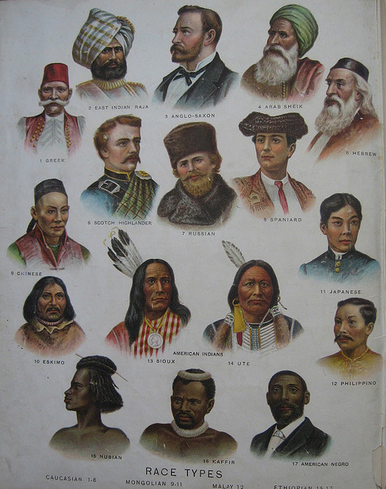 Read the series so far.
Read the series so far.
In the Old Testament, the terms people and nation are used interchangeably. Both terms have a significant ethnic component in their definition. In normal usage, a people or nation is constituted at least partly by its descent from a mutual ancestor. Assyrians descended from Asshur. Moabites were the children of Moab. Ammonites were sired by Benammi. Whatever other factors might enter into the description of a people or nation, its solidarity rests in its union with a common forebear.
Identifiable nations developed as a consequence of the division of languages at the tower of Babel. Prior to Babel, humanity functioned as a single people (Gen. 11:6). God used the division of languages to separate humanity into family groups that were divided, not only linguistically and ethnically, but also geographically (Acts 17:26).
These observations have sometimes been used to support a policy of racial segregation, often expressed in terms of a ban against interracial marriage. If this policy were limited to the Ku Klux Klan or the Posse Comitatus, it would hardly be worth noticing. Significant portions of evangelicalism and fundamentalism, however, have occasionally attempted to use Acts 17:26 and the division of nations at Babel to justify racial separation. For example, early editions of the Dake Annotated Reference Bible included a list of thirty reasons for segregation of the races after Acts 17:26. During the early 1960s, Bob Jones, Sr. preached (and his university subsequently distributed) an entire sermon justifying segregation, with Acts 17:26 as his pivotal proof text. Similar arguments were heard from supporters of Pillsbury Baptist Bible College when, under the presidency of Joseph Rammel, that school enforced a ban against interracial dating.


 Read
Read 
Discussion